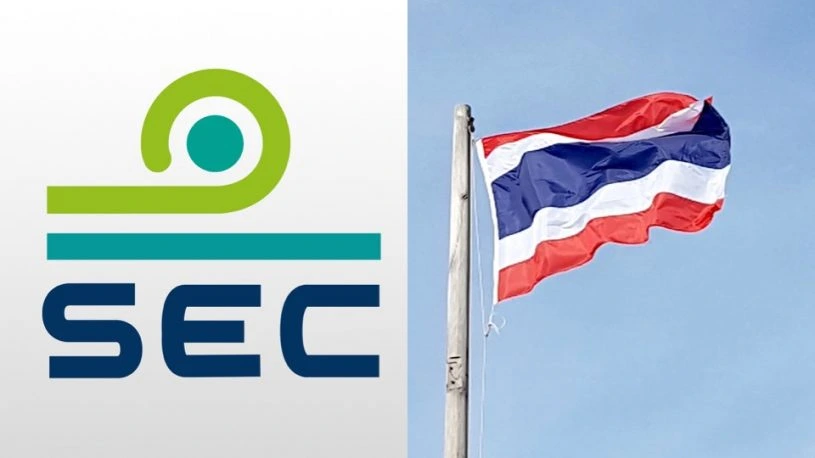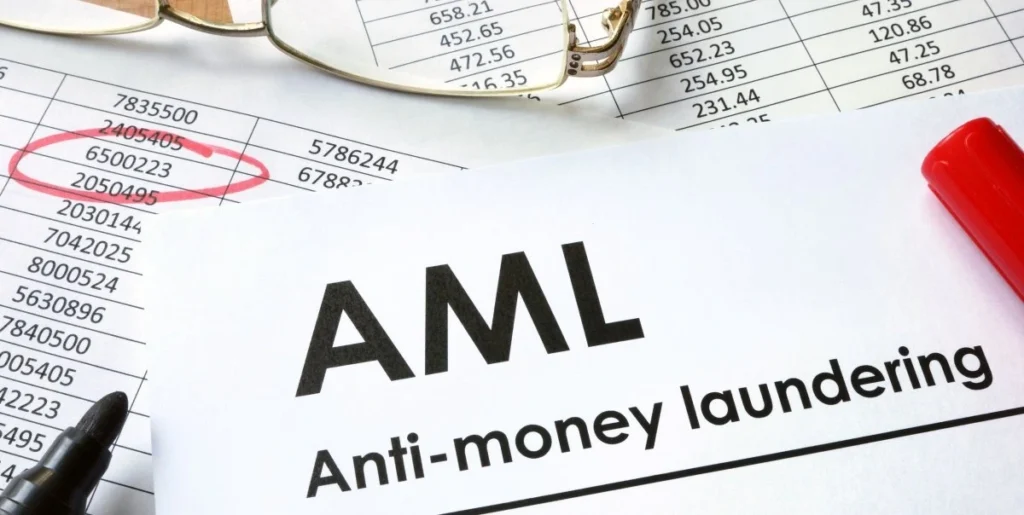Crypto Regulation Trends in Thailand: Where the Law Is Heading in 2025
Is Crypto Trading Legal in Thailand? The cryptocurrency boom is no longer news in Thailand—but how the law responds to it in 2025 is worth watching. Over the past few years, Thailand has emerged as one of Southeast Asia’s most active crypto hubs. Now, with market maturity and regulatory pressure converging, the country is adjusting its legal stance.
In this trend analysis, we look at how Thai crypto laws have shifted, the direction they’re heading, and what it all means for traders, investors, and crypto-curious newcomers.
The Foundation: Is Crypto Trading Legal in Thailand? Legal but Controlled
Crypto trading in Thailand remains legal in 2025—but under increasingly refined rules. Since 2018, the Digital Asset Business Emergency Decree has been the backbone of the country’s regulatory framework. It mandates that exchanges, brokers, and ICO portals must register and comply with laws enforced by the Thai SEC and the Bank of Thailand (BoT).
This foundation hasn’t changed—but what has changed is the degree of enforcement and the scope of oversight.
Is Crypto Trading Legal in Thailand? Key 2025 Legal Trends Emerging in Thailand
1. Stricter Oversight of Exchanges
Thailand continues to support legal exchanges like Bitkub, Satang, and Binance Thailand, but the process to get and maintain approval has grown more rigorous. In 2025, exchanges must:
- Disclose proof of reserves
- Publish risk-related statements
- Improve internal audit and security standards
This reflects a broader trend of transparency and accountability, influenced by global exchange failures.

2. Tighter Token Scrutiny
One of the biggest shifts in 2025 is how tokens are being evaluated. The SEC now applies a stricter standard when it comes to which cryptocurrencies can be legally traded in Thailand. Projects must demonstrate real utility, credible teams, and compliance with AML rules.
Tokens lacking clear value—or those that resemble gambling, speculation, or scams—are increasingly restricted or removed from local platforms.

3. Enhanced KYC and AML
Know Your Customer (KYC) and Anti-Money Laundering (AML) measures are getting tougher. Platforms are now required to:
- Verify users with national IDs or passports
- Record IP and location logs
- Limit features for incomplete profiles
This move aligns with global anti-fraud efforts, and it’s part of a trend toward closing regulatory loopholes.

Credit from : AML Solution
4. Stablecoin and Payment Ban Still Holds
Despite the rise of stablecoins globally, Thailand continues to ban crypto-based payments, including those using stablecoins, for goods and services. Authorities cite concerns over financial stability, price volatility, and monetary policy risks.
So while trading and investment are legal, using crypto as currency remains off-limits.
Is Crypto Trading Legal in Thailand? How Foreigners Fit Into the Trend
Foreign residents and digital nomads can still trade crypto in Thailand, but the rules are the same as for locals: use a licensed platform, register with full KYC, and pay capital gains tax. Offshore exchanges? Risky territory.
Thailand’s regulators show no signs of relaxing this approach. If anything, enforcement is ramping up.
What’s Driving These Legal Trends?
Several global and local pressures are shaping Thailand’s direction in 2025:
- Collapse of global exchanges (like FTX) raised fears of contagion
- Investor scams and pump-and-dumps sparked calls for more control
- CBDC experimentation has regulators doubling down on monetary sovereignty
- ASEAN-wide cooperation is encouraging regional alignment in crypto policy

Still Legal, But Far from Loose
To summarize the current legal trend: crypto trading is legal—but increasingly structured and monitored. Thailand doesn’t want to ban digital assets outright, but it is clearly committed to minimizing risk.
This means:
- Legitimate traders and investors are still welcome
- Speculators, tax evaders, and scammers are under growing pressure
- Exchanges must stay ahead of evolving compliance standards
Looking Ahead: What Could Come Next?
If current trends hold, we may see:
- A full rollout of the Thai CBDC, influencing how digital payments are regulated
- Increased international exchange cooperation, especially in taxation and compliance
- Expanded consumer protection rules in areas like DeFi and NFT marketplaces
Thailand isn’t trying to shut down crypto—it’s trying to contain it.

Final Word
In 2025, Thailand is moving toward a mature, regulated crypto environment. Traders should expect more rules, not fewer, but also more legitimacy and long-term stability.
For anyone engaging in Thailand’s crypto space, staying informed and compliant is no longer optional—it’s essential.




